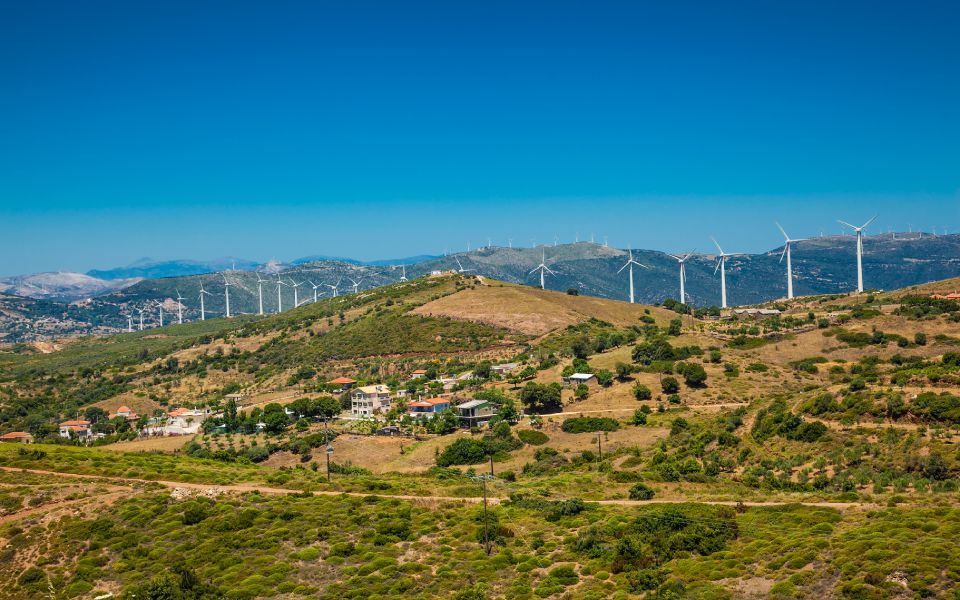Greece is setting an example for other countries of what can be achieved if there is the necessary political will to make the green energy transition, according to Frans Timmermans, executive vice president of the Commission responsible for the European Green Agreement, in an interview with Kathimerini in view of Wednesday’s presentation of the European Union’s Fit for 55 package for the reduction of carbon emissions by 2030.
“Greece is moving rapidly towards the post-lignite era,” he said, while differentiating Greece’s case from those of other countries with domestic production and dependence on coal, such as Romania, Bulgaria, Poland and others.
Greece, he noted, has moved quickly to develop solar and wind energy production infrastructure. In those other countries, he stressed, natural gas is absolutely necessary as a transitional fuel – in a way that does not apply to Greece, which has already taken some steps in terms of renewable energy sources and where natural conditions favor their growth.
Wednesday’s presentation of Fit for 55, which is the Commission’s package of 12 legislative proposals to achieve the legally binding target of reducing carbon emissions by 55% in 2030 compared to 1990 – is seen as the spark for long-drawn-out, complex and tough negotiations to determine the contribution of each member-state and each sector of the European economy in the steep ascent to climate neutrality.
The pivotal nature of these negotiations is not lost on Timmermans, who insists that the climate crisis must be tackled fairly, otherwise the endeavor “will fail” as it will be rejected by the member-states and Parliament.”
Referring to the difficulties the green transition entails, he noted that “every industrial revolution requires adjustments and creates frictions between the new and the old regime.”
This article was previously published at ekathimerini.com.












